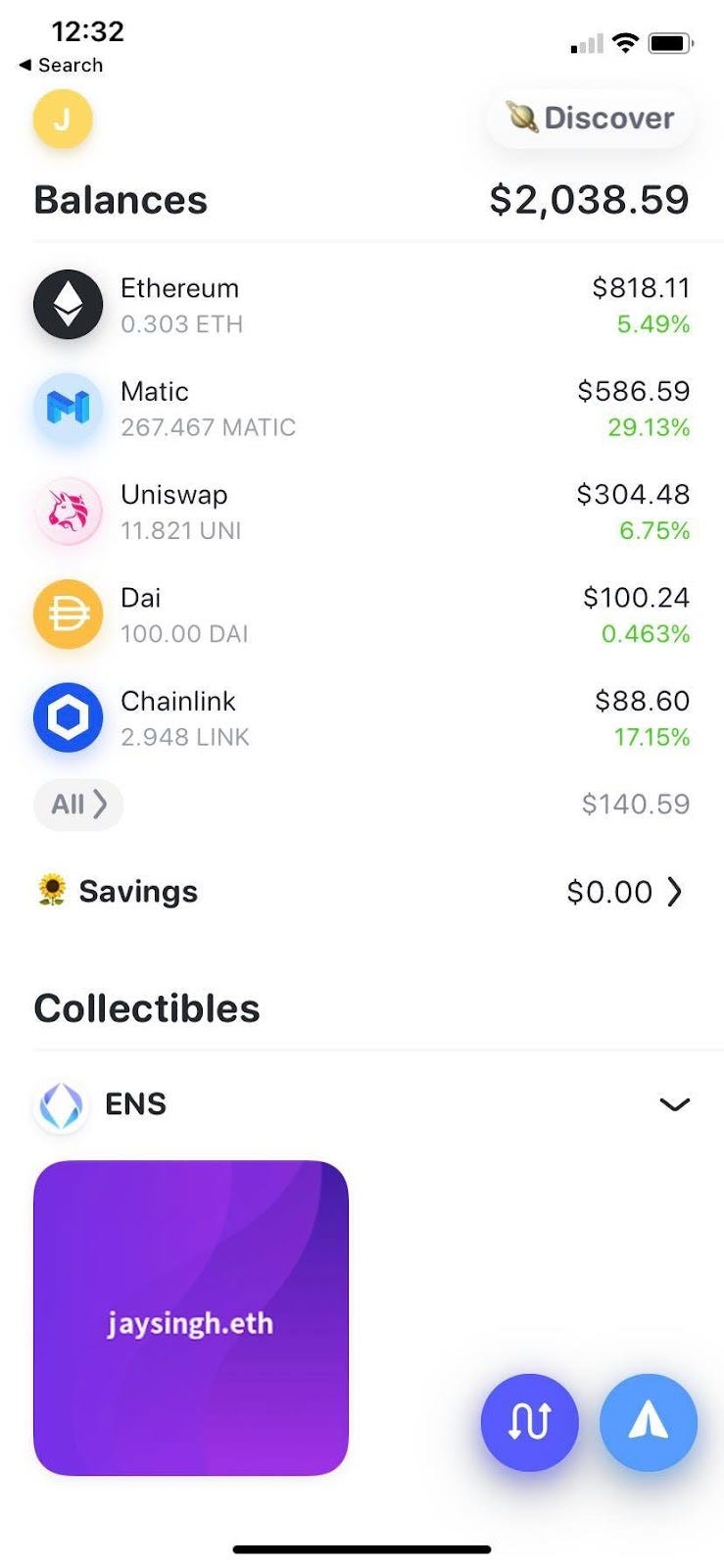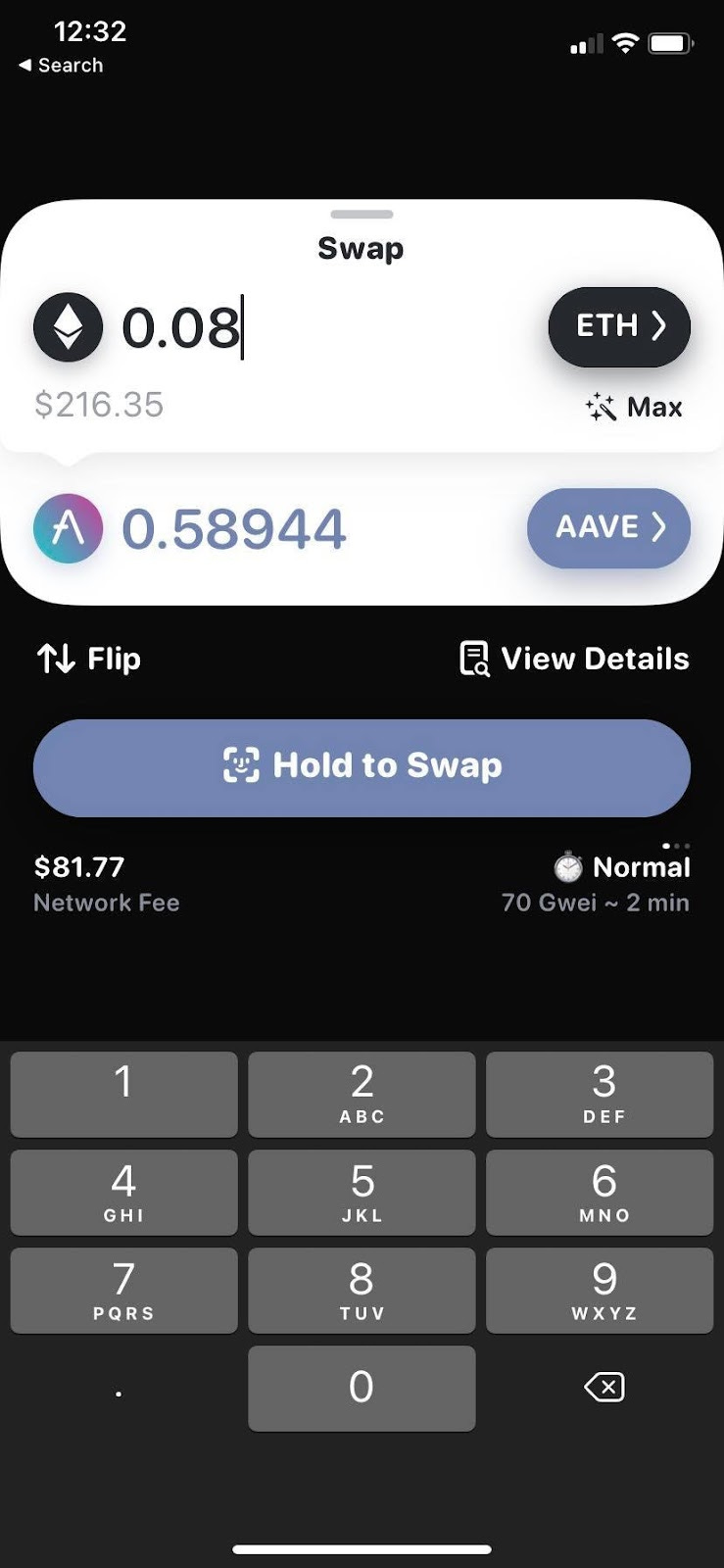Collective Wisdom & Composability 💭✍🏾
How long would it take to recreate the iPhone if we lost all of today's technology?
Join the creators, students, early career professionals, founders, executives, and more focused on learning and empowering each other on web3 concepts by subscribing below.
My goal is to bring diverse minds together to accelerate our web3 education to build a better future. I hope that this newsletter will be in service of that objective.
The iPhone problem
Here's a thought experiment that I heard on a recent podcast.
An alien comes to earth and casts a spell on humanity, removing all human inventions. Suddenly there are no buildings, clothes, or material possessions. Although, everyone still has their collective thoughts and knowledge about the world they have lived in. We are the same internally, but our external circumstances are akin to the stone age.
The alien gives you a note:
"You have lost all of your inventions. No more phones, planes, or buildings. To regain it, you need to remake an iPhone 13. Give it to me once you have made it, and I will restore your world."
What would happen? How would you solve this problem? Here are a few of the things we would need to do:
Establish a way to communicate with one another
Learn how to mine iron, lithium, copper, and gold
Build factories to manufacture these parts
This task might be impossible. If we could do it, it may take years, if not decades.
Our society is interconnected. Not just with humans today, but with the history of humanity. It has taken hundreds of thousands of years to build the cities we live in today. I can have a salad at my doorstep with three clicks on my phone.
People have built our world through the collective wisdom of those before us. Each new technology has been used as a building block to allow inventors to do more with less. This has led to compounding innovation.
The way that human civilization has grown on the back of those before them is a foundational belief behind one of the essential web3 ideologies: composability.
Composability
"A platform is composable if its existing resources can be used as higher building blocks and programmed into higher-order applications" - Jesse Waldern
Remember when we were kids, and we would play with legos? Your parents would give you a bunch to play around with. You could create whatever weird shapes and structures you wanted. If you got more legos, you could keep building on top of the original thing you made.
This is the best way to understand composability. Each lego block is a resource people can use to build more technologies. An even easier way to understand the concept is as the compounding interest of software.
I will use the term composability interchangeably with “open and open-sourced.” There are nuances between the terms, but let us keep it simple. Here are a few examples of how this works in web3…
Dune Analytics allows anyone to create SQL queries on blockchain data for free. The results are visualized charts that can be used to track applications built on-chain. For example, you can see Opensea's trading volume, DAUs, revenue, etc. This data is usually kept private and meant only for investors. Because this data is accessible, people can review these metrics every day to make decisions to invest or even build a competitive product. New and updated dashboards can be built on top of the original queries as well.
Uniswap is a protocol on Ethereum for exchanging tokens. Unlike most exchanges designed to take fees (e.g., Coinbase), Uniswap is intended to function as a public good—a tool for the community to trade tokens without platform fees or intermediaries. Because Uniswap is open source, wallets like Rainbow can plug them into their backend. This is important because I can hold my tokens and make trades within the app. That's nearly impossible to do in web2 companies because they prefer to keep the majority of their data private. Rainbow, and many other apps, has used Uniswap as a building block to build their application.
Web2 used to be open; what happened?
In the early 2010s, most web2 platforms were open. Developers could use a set of APIs to build their companies. Twitter, Facebook, LinkedIn, and others had their teams focused on enabling other companies to use their data to create new products and services.
Ten years later, they have pretty much closed off. Today there only exists a smaller set of APIs that share limited data. The only way developers will get access to web2 data today is to fit the company's strategic priorities or if several of their largest customers are asking for it.
This is not a holistic list of why these platforms became more closed off, but here are a few:
Misuse of user data: Cambridge Analytica is an excellent example of a developer misusing FB user data. No executive at any large web2 company wanted to be under as much scrutiny as Facebook has since.
Regulatory concerns: Once GDPR was introduced in May 2018, web2 companies realized that many developers using their platform were doing so inappropriately according to this new legislation. I’ve first-hand war stories from LinkedIn on how hard this was to do, but how they didn’t have a choice because it was now against the law for many of these companies to keep access to member data.
Business model issues: This reason is what everyone in web3 talks about. The narrative, popularized by Chris Dixon, goes like this: “web2 companies first want to bring developers in to recruit users. As the platform grows, their relationship with network participants grows to extracting data from users and competing with formers partners. The transition from cooperation to competition feels like a bait-and-switch for third parties. Over time, the best entrepreneurs, developers, and investors have learned not to build on top of centralized platforms. This has stifled innovation”. I’ve seen this first hand. There’s only so much information web2 companies would like to provide to developers. What will be their competitive advantage?
What happens next?
I think there will be a convergence. Web2 companies that are centralized will slowly start to open up more and become more composable. This will be driven by regulation and a cultural movement by users and customers who want the platforms to be more open. Web3 platforms that are open and composable today may close off.
Or more likely, the most profitable businesses will leverage open-source code, build proprietary technology on top of it, and then close off parts of their ecosystem to generate revenue and differentiate themselves from their open-source competitors.
Players like Github (web2) and Dune Analytics (web3) do this today; they open source projects available for users but charge customers for a private version of their product.
Collective wisdom & composability
Yesterday's legos blocks were the invention of fire, the wheel, and other primitive tools that have grown into much more. All of these inventions were open for people to build on top of. Today's legos are open-sourced code.
Blockchains are valuable because data is public and composable. This allows the ability to mix and match software components like legos. This means that every problem only has to be solved once.
These are a few predictions. It's unclear where the future goes from here. The next step is more experimentation, and it is human ingenuity that will follow.
Additional Readings
That does it for this week of Web3 Wednesdays.
Till next time,
Jay 💕





